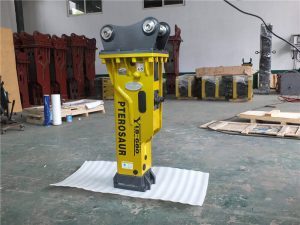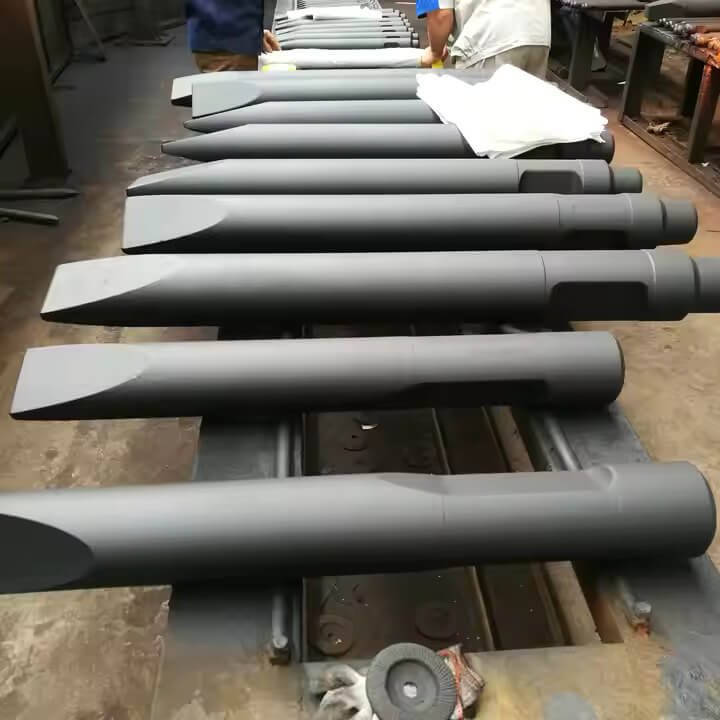Understanding Circuit Breaker Compatibility: What You Need to Know
Circuit breakers are essential components in electrical systems, designed to protect against overloads and short circuits. However, not all circuit breakers are created equal, and understanding their compatibility is crucial for both safety and functionality. This article delves into the complexities of circuit breaker compatibility, including sizes, brands, and types.
Are All Circuit Breakers the Same Size?
One of the common misconceptions about circuit breakers is that they all share the same size. The reality is quite different. Circuit breakers come in various sizes, tailored to accommodate specific amperage requirements for the devices they protect. This ensures that each breaker can safely handle the electrical load without risking damage or failure.
Manufacturer-Specific Designs
Many manufacturers produce breakers and panel boxes, each incorporating unique designs, dimensions, and electrical ratings. For instance, a breaker designed for a Square D panel may not be compatible with a panel from another manufacturer. This is why it is essential to consult a Circuit Breaker Compatibility Guide when considering replacements or upgrades.
Are Circuit Breakers Interchangeable?
While some circuit breakers may appear interchangeable, most are not. The compatibility of circuit breakers often depends on the specific electrical panel they are designed for. Each panel has its own set of requirements and configurations, making it imperative to use the correct type of breaker.
The Role of Universal Breakers
In the past, there were “universal” or “interchangeable” breakers available. These were designed to fit multiple brands of panels. However, these classifications have evolved, and manufacturers now produce breakers that are specifically tested and listed for compatibility with their panels. It’s important to note that using a non-listed breaker can lead to safety issues and may void warranties.
Understanding Breaker Compatibility Charts
To navigate the complexities of circuit breaker compatibility, users can refer to comprehensive compatibility charts. These charts outline which breakers can be used with specific panel types, helping homeowners and electricians make informed decisions. For example, Cutler Hammer Circuit Breaker Compatibility is a common reference for those looking to replace breakers in Cutler Hammer panels.
Conclusion
In conclusion, understanding circuit breaker compatibility is vital for maintaining safe and efficient electrical systems. Not only do circuit breakers come in different sizes, but they are also often unique to the manufacturers that produce them. When in doubt, always refer to compatibility guides and consult with electrical professionals to ensure that the correct breakers are used. This will safeguard your electrical systems and provide peace of mind.





































